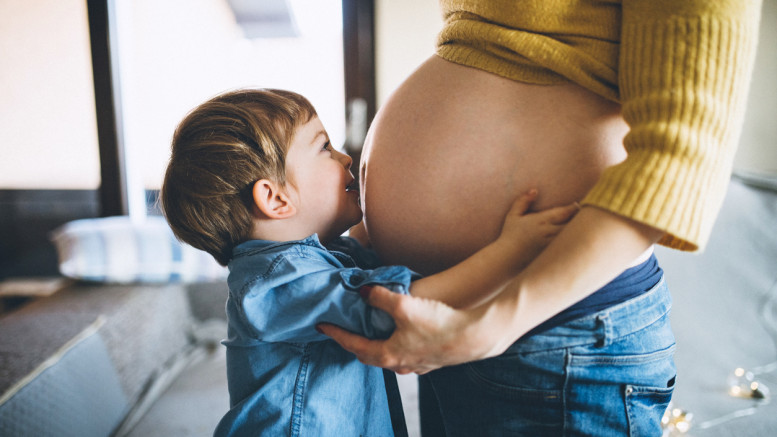Following a varied, healthy diet in pregnancy will mean that you get most of the vitamins and minerals you need to support your baby’s growth. A balanced diet can also reduce tiredness, keep your weight gain within the recommended limits, and ensure an easier birth.
The reason you want to take folic acid in addition to eating whole grains and spinach is that folic acid is a synthetic form of folate (aka vitamin B9) – which helps prevent a small number of major congenital disabilities before and even during pregnancy.
How to find the right supplements?
You can get vitamin supplements from pharmacies, supermarkets, or your GP. Your GP may be able to prescribe them if you can’t get them from somewhere else. Some women are given vitamin D and calcium supplements to take during breastfeeding. This is because they can help protect your baby from rickets (soft bones). You should ask for these if you think you need them.
Vitamin C and Calcium
Calcium is essential for bone health, muscle contraction, nerve signaling, blood vessel contraction/relaxation, and the heart’s rhythmic contractions!
On the other hand, Vitamin C helps heal wounds, maintains cell integrity by helping build collagen for healthy skin, acts as an antioxidant to protect cells from free radicals by neutralizing them, and keeps your immune system stronger. Your baby will need calcium and vitamin D when they’re born. If you’re breastfeeding your baby, follow the advice from your general practitioner on what you should be eating during pregnancy to make sure your baby has enough of these important nutrients, or buy the best pre-pregnancy vitamins at Dr Stephen Cole.
Vitamin D
Vitamin D is important for all pregnant and breastfeeding women, especially during autumn and winter. Vitamin D can help to prevent certain conditions in pregnancy and breastfeeding. It can also reduce the risk of the mother developing the severe condition of pre-eclampsia.
There are many issues facing women in their childbearing years, but one that affects them all is a reduced ability to absorb vitamin D. Vitamin D is essential for maternal and foetal health. It’s of particular importance to all pregnant and breastfeeding women, as the deficiency is associated with an increased risk of pre-eclampsia and other pregnancy complications.
Iron
The most common problem of iron deficiency is anemia. It’s characterized by being tired all the time, headaches, dizziness, and pale skin. By the time you get to anemia, you’ll know because you’ll feel unwell. Other than that, you might not notice any symptoms for weeks or months until after your baby is born.
Iron is a mineral that helps us to use the oxygen in our blood. Iron deficiency anemia happens when your body can’t make enough red blood cells. This means you don’t have enough hemoglobin (the protein that carries oxygen through your blood).
Symptoms of iron deficiency include: feeling very tired, having difficulty breathing, and exercising pale skin and nails. If left untreated, iron deficiency anemia may lead to heart problems or even have a small stroke.
